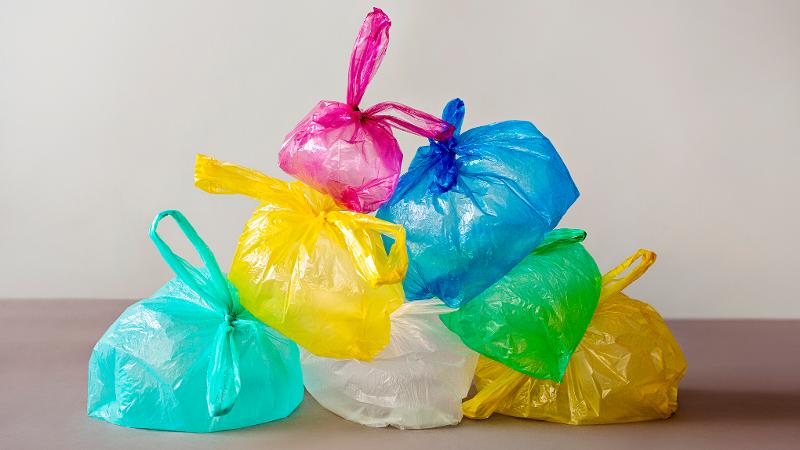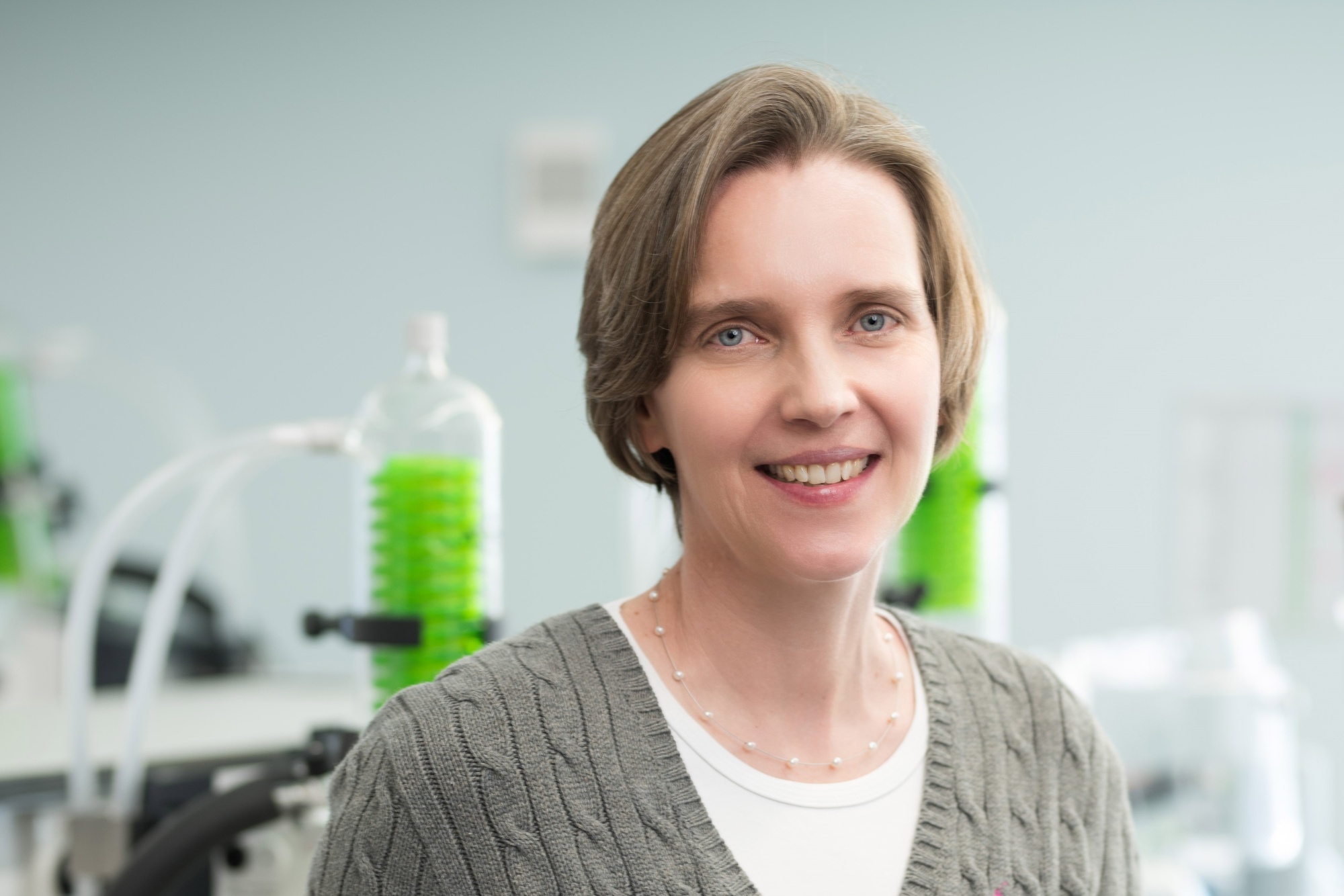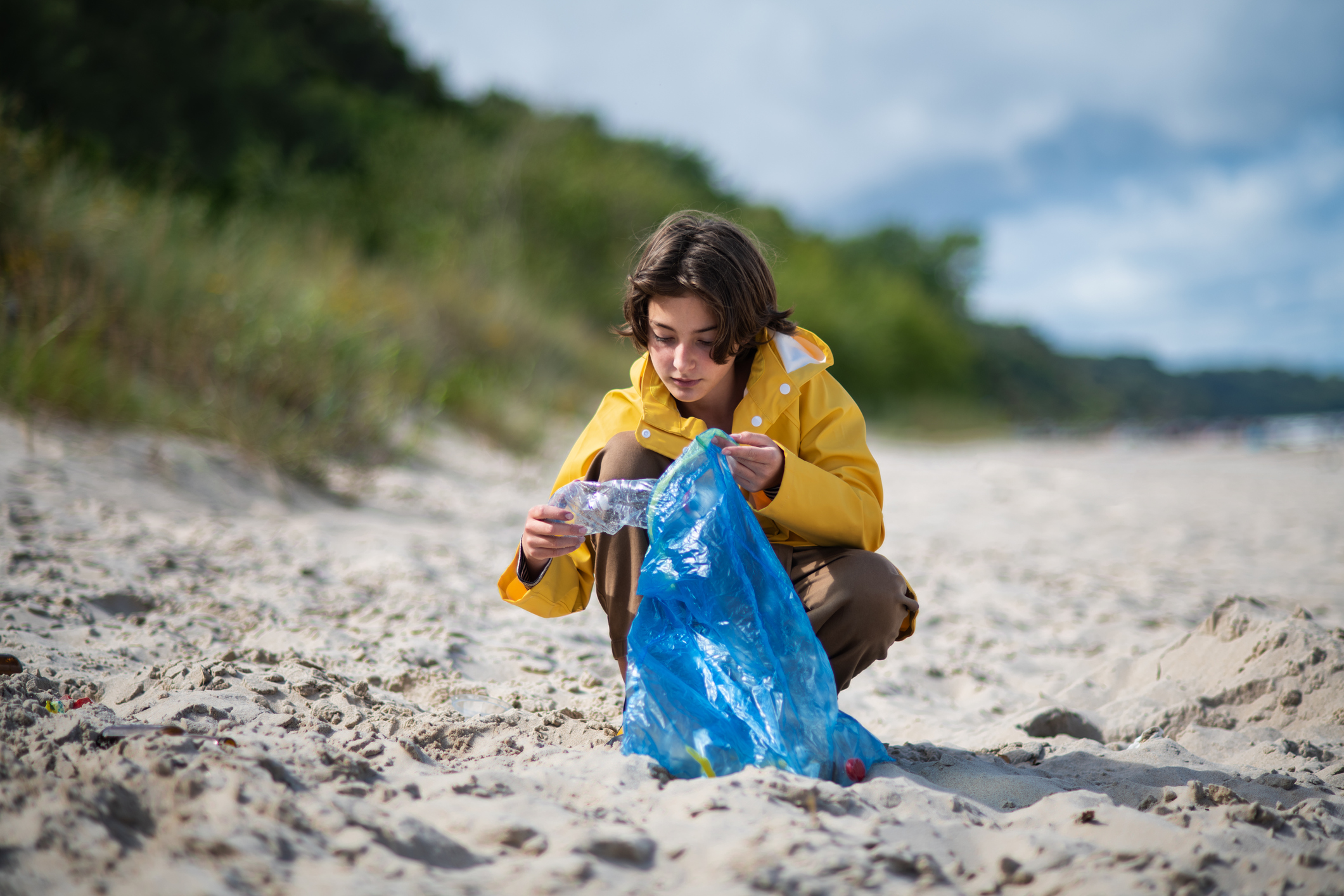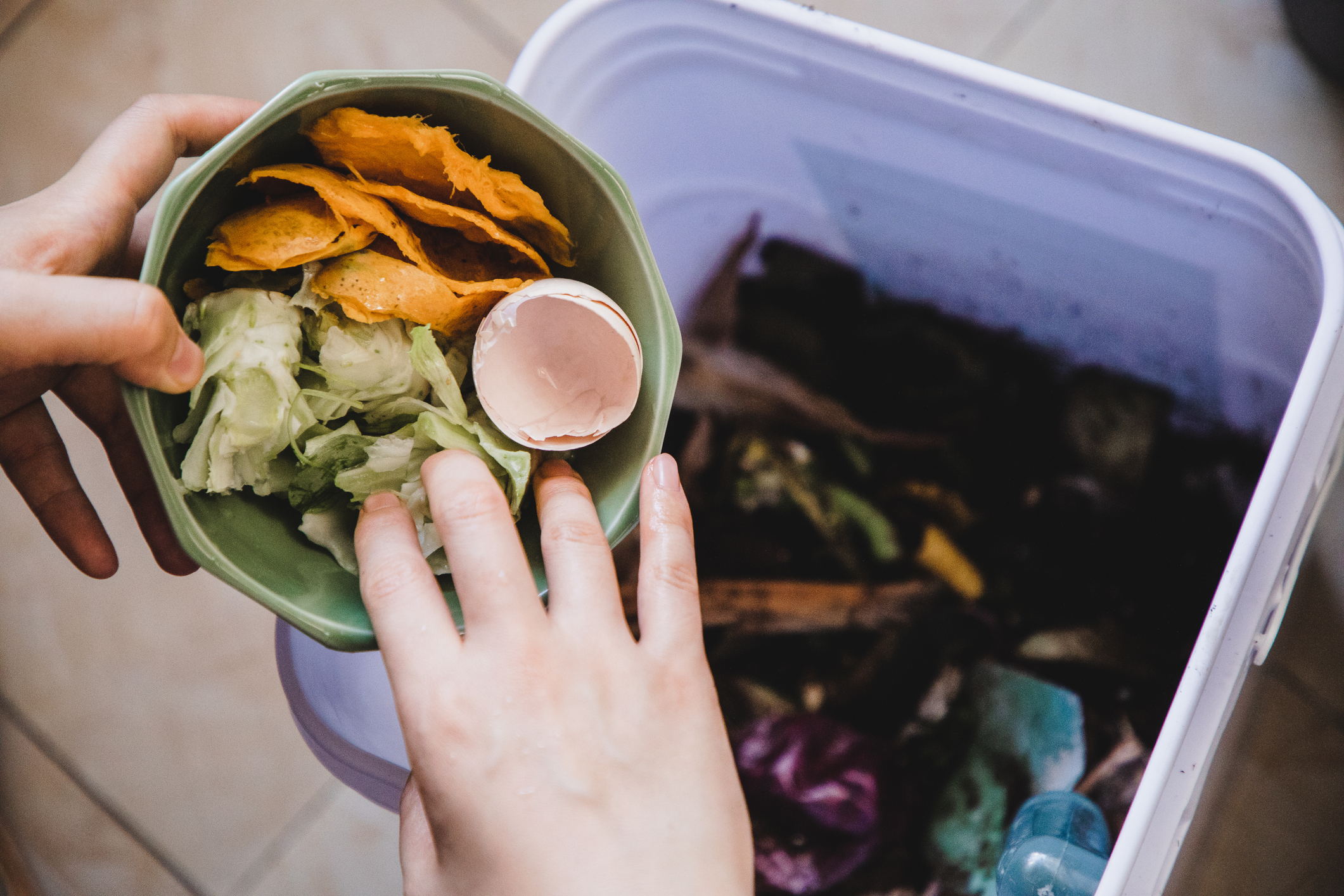
Australians concerned about the suspension of the popular REDcycle soft plastics recycling program should think ‘big picture’ and focus their green efforts elsewhere, according to the director of QUT’s Centre for a Waste-Free World.
Professor Leonie Barner said many people over-estimated the issue of soft plastics, as concerns like food waste have a much bigger environmental impact.
“Soft plastics disposed of in landfill is not such a big problem – it’s a small amount compared to all the other waste we are producing,” Professor Barner said.
“Every Australian produces, on average, almost three tonnes of waste per year, but soft plastic is a very, very small amount of that.

“Soft plastic is mainly a problem when it’s litter – so joining a clean-up initiative in your area like Clean Up Australia, or going to a beach clean-up, is a good alternative action if you can’t drop off your soft plastics at your local supermarket.
“There are many other things you can do. [See list below]. It’s really important to look at the whole issue, and not just one single issue like soft plastics. Look at what types of waste you are producing, and how you can reduce that waste – what you can do to not produce waste in the beginning.”
Professor Barner said it was also important to support all parts of the cycle if soft plastics recycling services were to be successful.
“A lot of people were dropping off their soft plastics at the REDcycle bins at Coles and Woolworths, but not enough people are actually buying products made out of recycled plastic,” she said.
And Professor Barner said consumers weren’t the only ones with a role to play.
“We need to design plastics for recovery and reuse – and supermarkets play a big role with that, because they can talk to their suppliers and demand that the materials are more sustainable,” she said.
Supermarkets also need to include more recycled products in their assortments of goods.
“What we need is a true circular economy of plastics,” said Professor Barner, who is also a principal research fellow with QUT’s School of Chemistry and Physics.
“You can’t put the onus only on the consumers.”
The QUT Centre for a Waste-Free World has these tips for people who want to help fight waste:
 Currently dispose of soft plastics in the landfill bin
Currently dispose of soft plastics in the landfill bin- Join a clean-up group to help remove soft plastics from the environment
- Plan your weekly meals so you don’t over-purchase fresh ingredients
- Start with small servings, especially for kids, to avoid wasted food on plates
- Remember to use up leftovers (when safe) – freeze excess food that won’t be eaten within 24 hours
- Sort your home waste and put recyclable packaging and containers in the council recycle bin
- Compost your food scraps at home
- Compost your garden waste at home or use a community compost

- Make sure you put cardboard takeaway boxes (that have replaced many plastic containers) in recycling bins
- Contribute eligible bottles to the 10c recycling program
- Reduce your plastic consumption where possible (eg, buying food in bulk, using bars of soap versus liquid soap etc, shopping at butchers rather than buying pre-packaged meats, etc)
- Remember to BYO bags to the shops
- When choosing products with plastic packaging (shampoo etc), look for ones that use recycled plastic
- Avoid ‘fast fashion’ and invest in clothes that will last
- Use textile recycling services, compost natural fabrics, and donate/swap unwanted clothes
QUT Media contacts:
- Mechelle McMahon, media@qut.edu.au
- After hours, 0407 585 901 or media@qut.edu.au


